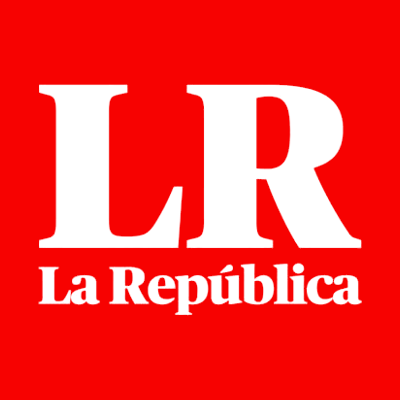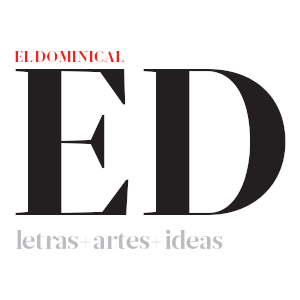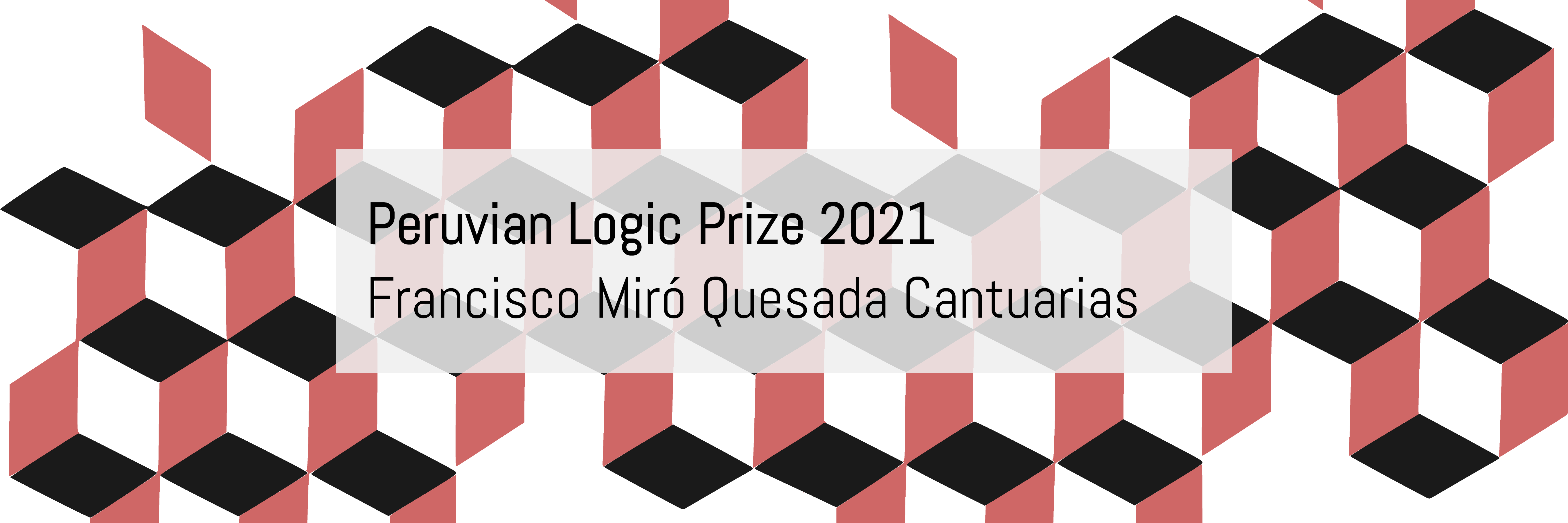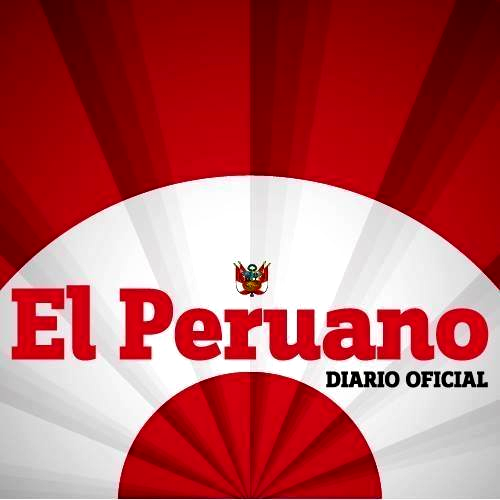Peruvian Logic Prize 2021
Submission deadline: Sunday, 1 November 2020
Planned date for the announcement of the winner: End of November
Award ceremony: 14 January 2021
Luis F. Bartolo Alegre (UNMSM)
- Verónica Borja Macías (UTM, Mexico)
- Walter Alexandre Carnielli (Unicamp, Brazil)
- Aldo Figallo-Orellano (UNS, Argentina / Unicamp, Brazil)
- David Villena Saldaña (UNMSM, Peru / LN, Hong Kong)
Rafael Félix Mora Ramirez (UNFV)
premio-logica@seplo.org
We call on all persons dedicated to logic and affiliated to any Peruvian academic institution to compete in Peruvian Logic Prize 2021 ‘Francisco Miró Quesada Cantuarias’.
The prize is awarded to the best unpublished article (6000 words) written in any area of logic, including, but not limited to:
Propositional logic
Logical algebra
Model theory
Applied logic
Informal logic
Argumentation theory
- Non-classical logics
- Logic of science
- Philosophy of logic
- Logic didactics
- History of logic
- Logical analysis of language
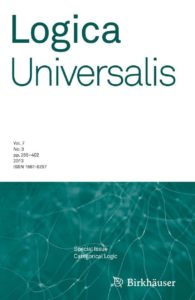
Participants must submit an unpublished paper written in Spanish or English.
The prize, in addition to being an honour, will finance the winner’s participation in the UNILOG 2021 congress (Crete, Greece) to present the paper, and its publication in the journal Logica Universalis, indexed in Scopus.

The authors of the winning article and others selected will be invited to present their contributions at the first SEPLO event for the World Logic Day.
If you don't have one, please contact us at premio-logica@seplo.org
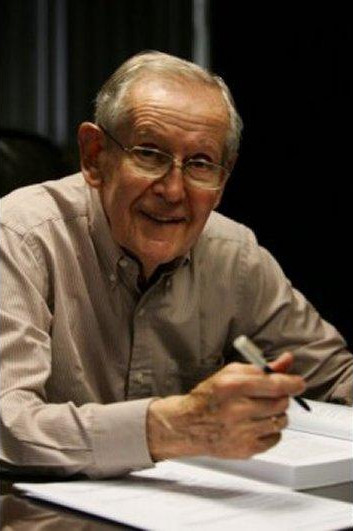
This first edition of the prize also pays tribute to Francisco Miró Quesada Cantuarias (1918–2019), the most prominent Peruvian philosopher in the fields of logic and mathematics. His work focused on developing a theory of reason capable of accounting for the most significant logical and mathematical advances of his time, such as Gödel’s incompleteness theorems and non-classical logics. He was the one who coined the term “paraconsistent logic” to describe those logical systems in which the principles of contradiction and explosion do not apply universally. Moreover, he was a pioneer in deontic logic and legal logic, particularly noted for his article “La lógica del deber ser y su eliminabilidad” (“The logic of ought and its eliminability”), published in 1951 — the same year as von Wright’s Deontic Logic.
Results of the contest
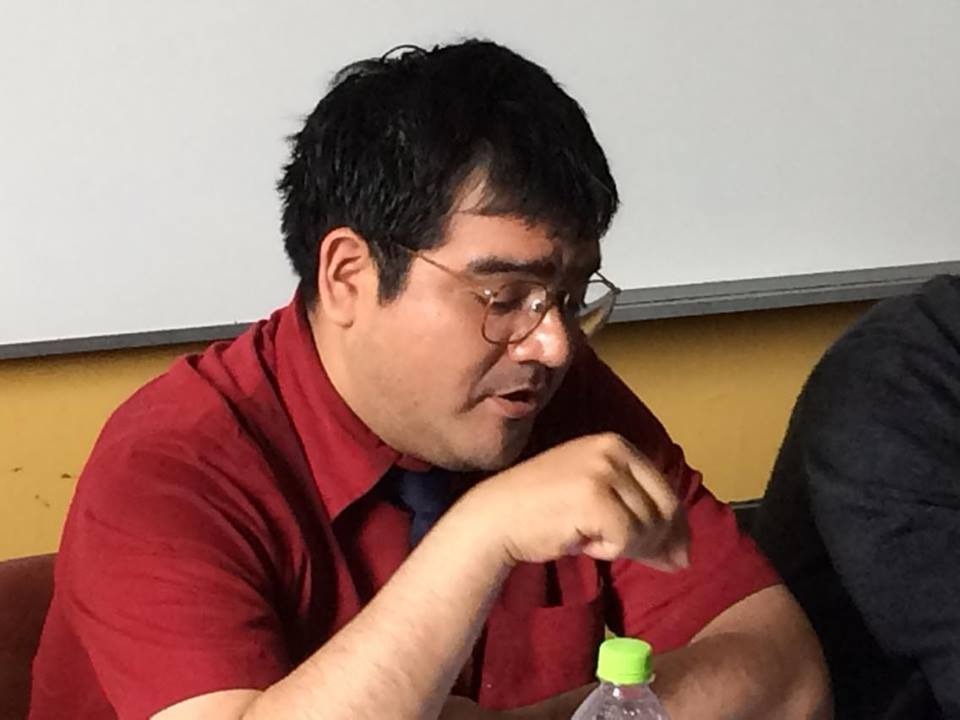
Press Reports (in Spanish)
